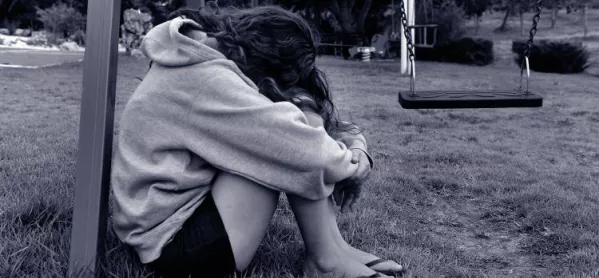There has been a spike in the number of young people seeking counselling about child-on-child sexual abuse, Childline has said.
The children’s charity said it held 3,878 counselling sessions with young people concerned about sexual abuse among peers last year, an increase of 29 per cent on the previous year.
The true scale of the problem “could be much worse”, it said, as “many children and teenagers do not understand what has happened to them is abuse”.
“Young people who contacted Childline about peer-on-peer sexual abuse revealed a lack of understanding about consent, with some feeling unsure about whether something is abuse if they are in a relationship,” a Childline spokeswoman added.
Sexual abuse between children is an issue which is increasingly occupying the education agenda.
Last week Tes reported the shocking case of a six-year-old girl who was raped in school by two other young pupils.
Tes also carried a comment piece from two mothers explaining how their daughters were let down by the education system after they were raped by male classmates.
Dame Esther Rantsen, Childline’s founder and president, said: “Young people tell us that they have been compelled to take part in behaviour against their will, which sometimes involves them suffering violence.
“We know that relationships can be confusing and it can be hard to know if the dynamic is changing and things are starting to go wrong.”
Childline, which is run by the NSPCC, has relaunched its #ListenToYourSelfie campaign to try to prevent sexual abuse between children and to encourage young people who have been abused by a peer to speak up.
The charity has shared the testimony of a 14-year-old girl who contacted them about her boyfriend, who was “sometimes violent” and forced her into “doing sexual things when (she) didn’t want to.”
She added: “I’m scared of how he would react if I tried to end the relationship.
“I don’t feel like I can speak to someone without my parents or friends at school finding out. I’m really scared.”
The NSPCC is calling for relationships education in primary schools and relationships and sex education in secondary schools to cover what constitutes abuse and how to recognise signs of it.
Children worried about sexual abuse between peers can call Childline on 0800 11 11.




